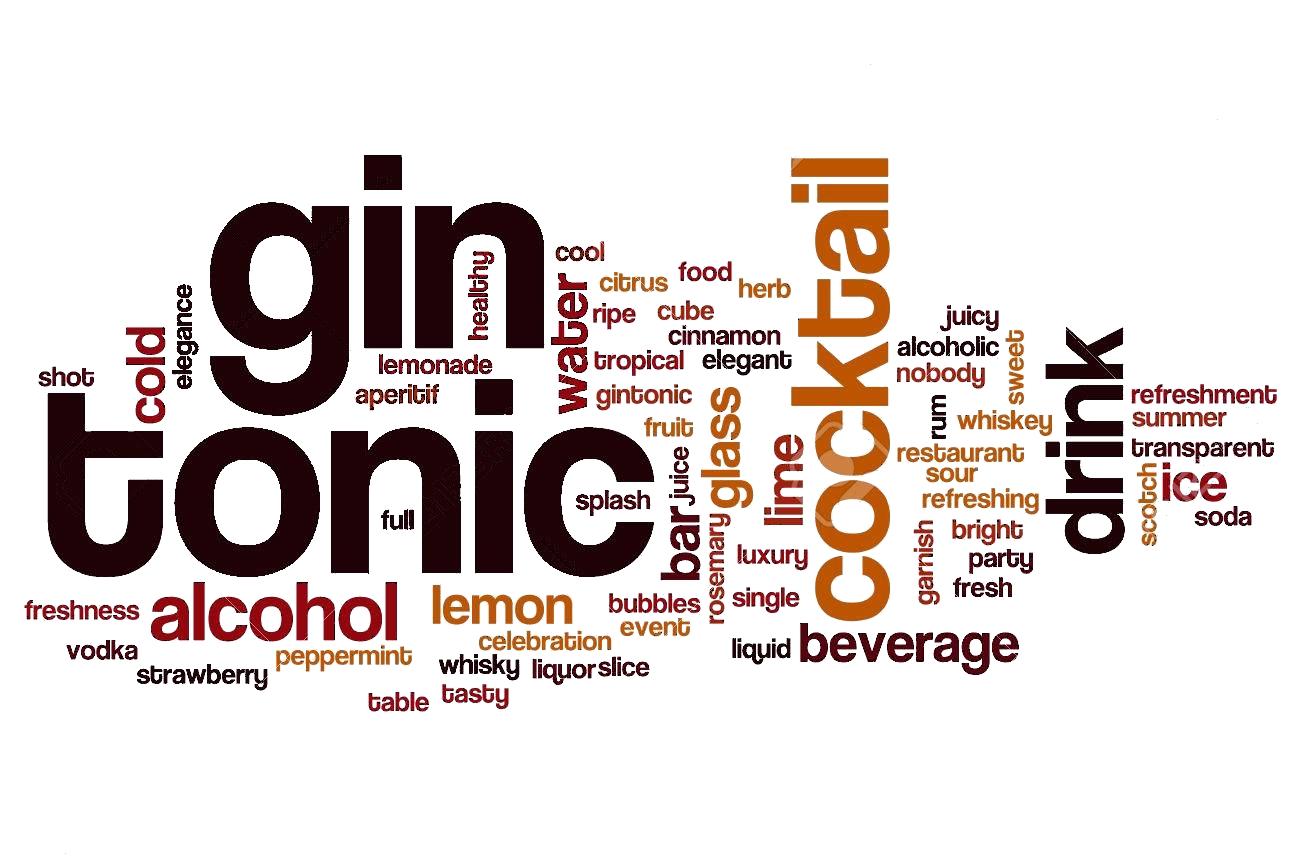
Here is an overview of the most used terminologies when it has to do with the world of gin.
Botanico – an ingredient of natural origin whose aroma is added to gin by one of three main means: steam distillation, maceration and distillation or pure maceration (sometimes called infusion).
Basic spirit – The organic material that has been fermented and distilled to create the spirit to which botanicals have been added. In other words, was your gin distilled from grapes, wheat or something else?
Bath Gin – Gin that does not undergo distillation after the addition of botanical substances. See Maceration
Classic Gin – Gin with a strong juniper flavor
Contemporary Gin – Gin that includes juniper but may not have a strong juniper flavor or may have other botanicals that are more prominent
Distillation – According to the Oxford Dictionary it is the action of purifying a liquid by a process of heating and cooling. In gin can refer to one of the two steps in the production of a gin. The basic spirit is created by distilling the ethanol released from the yeasts during the fermentation process. Botanists are added by distilling that spirit in the presence of flavoring materials including juniper.
Finale – The way a drink vanishes from the palate. Often this could be the persistent flavor you taste a few seconds after sipping, or it could be other sensations including astringency (dry mouth), heat (burns from ethanol) or bitterness (from tannins in aged gins or from botanists in bath gins).
Ginever – a portmanteau to describe a gin produced in the style of genever, but often produced in a place that cannot legally use the geographically protected term "genever" to describe their product.
International Style Gin – a term coined in early 2010 by New York City writers to describe gin in a contemporary style without using a location-based designation. This term has generally fallen out of favor, but is still seen in some pieces of the time. See New American Gin, New Western Gin, Contemporary Style Gin.
London Dry Gin – a trial designation registered in European Union law. London Dry means that botanicals are added exclusively through distillation, without the addition of sweeteners and the basic spirit was distilled up to 96% ABV before botanical addition.
Maceration – the process by which an ingredient is left to rest in a spirit for an extended period of time. In bathtub-style gins, botanicals can be macerated and then bottled gin. In distilled gins, botanists are filtered, and then the spirit is redistilled.
New American Gin – a term used to describe modern gins that go light on juniper. There is no agreed definition. See Contemporary Gin, New Western Style Gin, International Gin.
New Western Gin – another ill-defined term for gins that have botanical aromas other than juniper. See the new American gin, the contemporary style gin.
Nose – the aroma of a gin.
Old Tom – a type of gin that was popular in the 19th century. The definition is not agreed by gin scholars; however, many gins of this style use strong sweeteners or botanicals to provide a sweetening effect.
Palate – The taste of a gin
Terroir – The idea that a place and a climate from which something comes uniquely affects its flavor.
Steam distillation / infusion – when a spirit is distilled, ethanol evaporates into steam. During steam infusion, steam heats the botany (often in a gin basket)
Yellow Gin – An archaic term for gin aged in barrels


